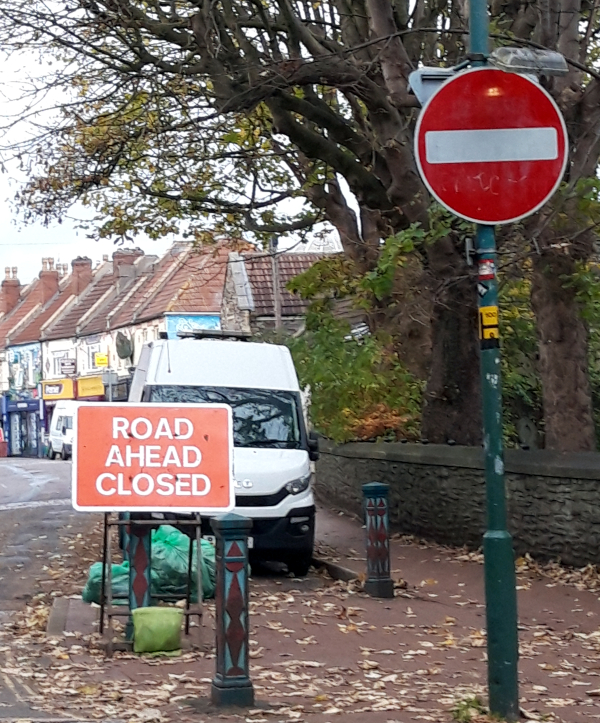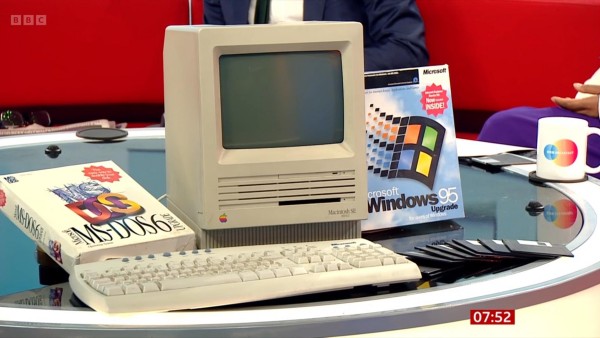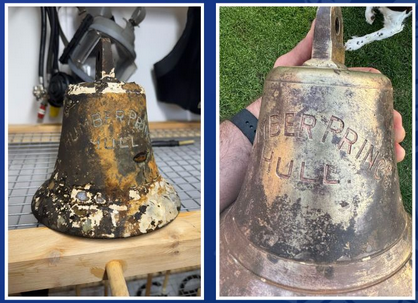According to Wikipedia, “A county is a type of officially recognized geographical division within a modern country, federal state, or province.”
Within England shires were established in the Anglo-Saxon period, shires were established as areas used for the raising of taxes and usually had a fortified town at their centre. This became known as the shire town or later the county town. In many cases, the shires were named after their shire town (for example Bedfordshire).
Middlesex is one of the thirty-nine historic counties of England. Its name is derived from its origin as a homeland for the Middle Saxons in the early Middle Ages, with the county subsequently part of that territory in the ninth or tenth century. As a county it managed to survive for the best part of a millennium, finally being abolished by the London Government Act 1963, which came into force on 1 April 1965.
The cardboard county of Avon has a rather different history to the former shire named after the home of the Middle Saxons. It was a non-metropolitan and ceremonial county in the west of England which existed between 1974 and 1996. Named after the Bristol Avon, it comprised the cities of Bath and Bristol plus parts of south Gloucestershire and Somerset, which formed the other two local authorities – Northavon and Woodspring – within the county. Avon proved to be deeply unpopular, with locals bemoaning in some instances Bristol’s loss of county status in its own right, as well as traditional affiliations to both Gloucestershire and Somerset respectively. In 1996, the county was abolished and its administrative area split between four new unitary authorities: Bath and North East Somerset, Bristol, North Somerset and South Gloucestershire.
Although both Middlesex and Avon have officially been abolished that does not mean their use has been discontinued, usually by the uninformed. There are still organisations out there which believe Bristol is part of Avon and that the county named after the Middle Saxons still exist. One of these is currently in the news.
 One of those organisations is Pizza Hut, which has announced a number of closures of its outlets in the Untied Kingdom, as reported by the Bristol Post/Live.
One of those organisations is Pizza Hut, which has announced a number of closures of its outlets in the Untied Kingdom, as reported by the Bristol Post/Live.
All told, 68 Pizza Hut restaurants will close after the company behind its the US brand’s UK venues entered administration. These include the following five outlets in the aforementioned non-existent counties, as listed by Bristol’s paper of (warped) record:
- Bristol, Avon;
- Cribbs Causeway, Avon;
- Enfield, Middlesex;
- Feltham, Middlesex; and
- Hayes, Middlesex.
A few news outlets, such as the BBC, actually took the trouble to remove the erroneous county labels instead of blindly copying and pasting the list verbatim from the original press release.
For those still in need of a junk food fix, plenty of other pizza outlets are still open to the public in both real and non-existent counties. 😀





 One of those organisations is Pizza Hut, which has announced a number of closures of its outlets in the Untied Kingdom, as
One of those organisations is Pizza Hut, which has announced a number of closures of its outlets in the Untied Kingdom, as 


